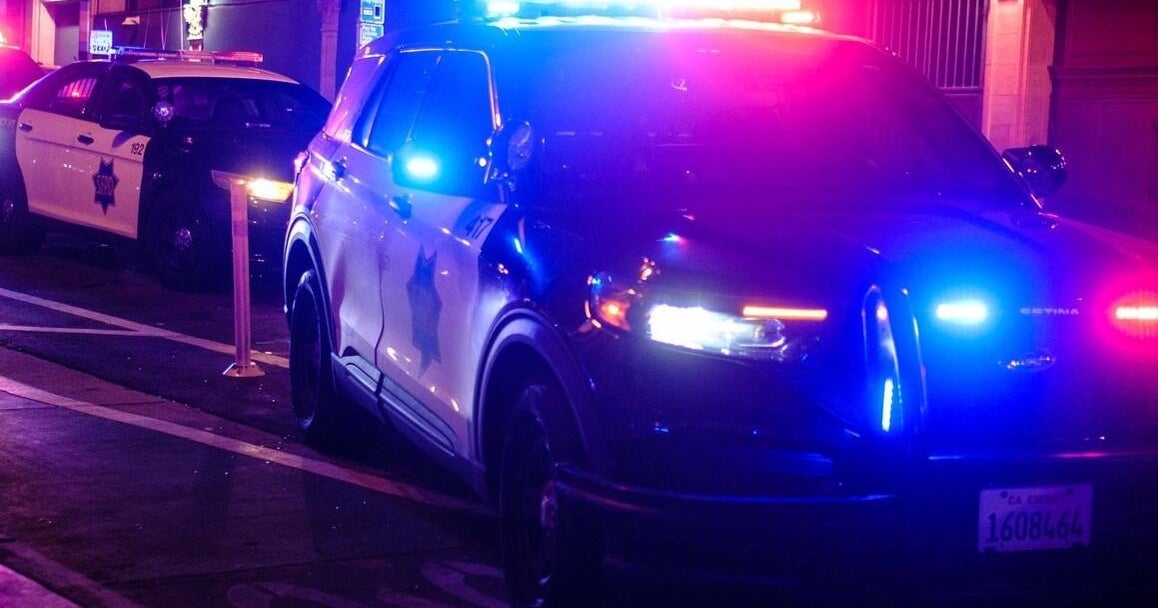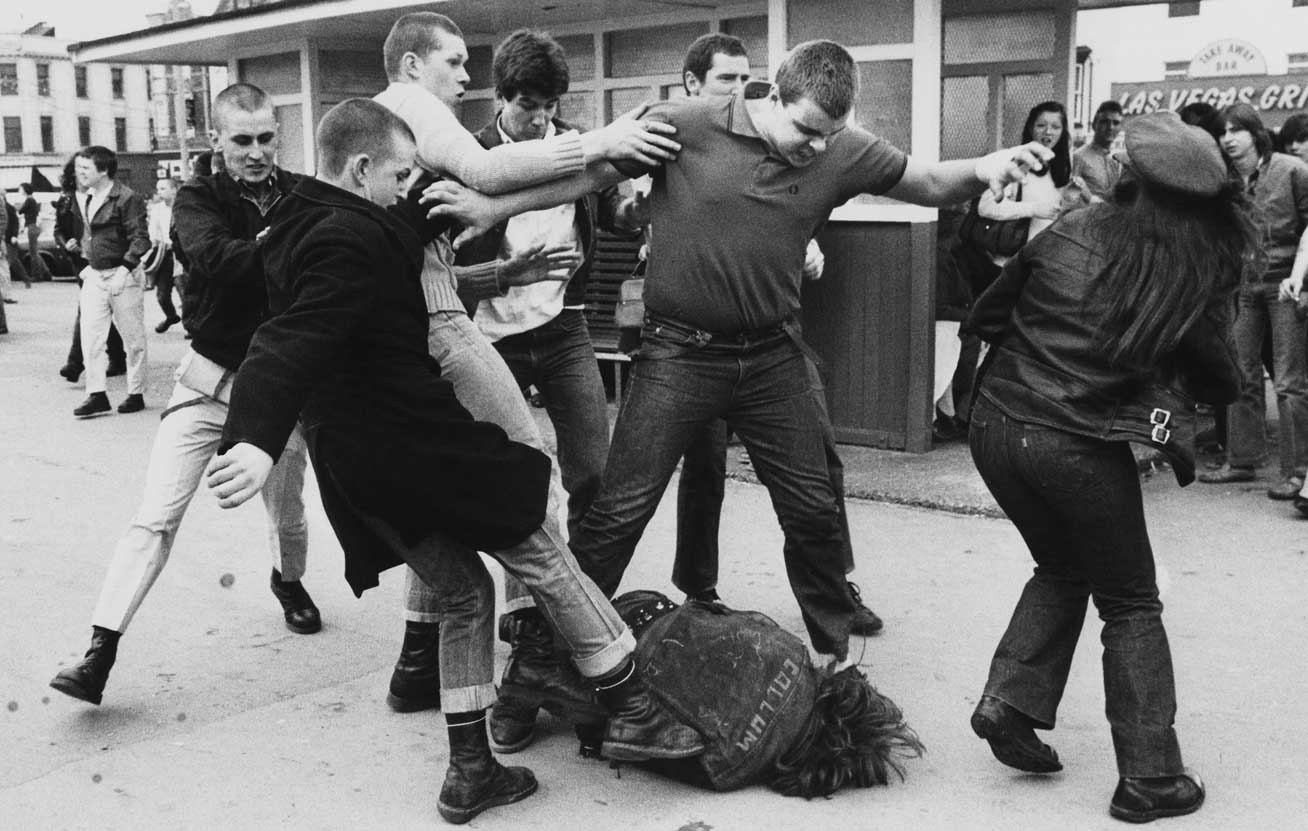Assaults go up when daylight saving time ends, study finds
On Nov. 5, Americans will get an extra hour of sleep as daylight saving time comes to an end in 2017. While more sleep sounds good to most people, a new study is saying that more assaults are committed once the clocks fall back.
Researchers from the University of Pennsylvania say the number of assaults go up by nearly 3 percent right after the country sets their clocks back one hour, CBS Philadelphia reports. The surprising findings added that assaults actually went down by three percent when daylight saving time starts in March as Americans lose an hour of sleep.
"Sleep problems have previously been associated with increased antisocial and criminal behavior, so we were surprised to find that increased sleep was associated with increased offending," said Richard Perry University's Adrian Raine in a press release.
Researchers added that it's easier to explain the drop in violent crime after losing an hour of sleep in March.
"You think, 'If I don't get a lot of sleep, I'm going to be cranky and angry.' Your intention is to act more aggressively, but your behavior does not reflect that because you're tired. You're too lethargic," doctoral student Rebecca Umbach theorized.
Although the study found that moving the clocks back resulted in an uptick in violence, leaping forward comes with its own side effects. Car accidents, workplace injuries, and suicides all reportedly increase the Monday after clock moves forward in March.
Given the reported negative impacts at both ends of daylight saving time, a number of states have debated if the practice should be stopped forever. East Coast states like Maine and Massachusetts have begun arguing to abolish the clock-changing tradition, while other states like Michigan have already introduced bills to permanently hit the snooze button on daylight saving time.



